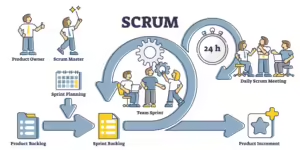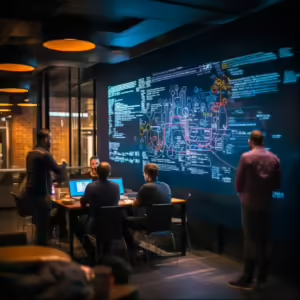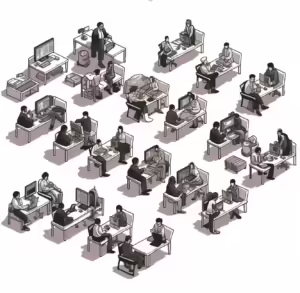Single Page Applications (SPAs): The Future of Web Development
Single Page Applications (SPAs) have revolutionized the development of modern web applications. They offer a more seamless and interactive user experience compared to traditional multi-page web applications. This article discusses the basics, functionality, benefits, and challenges of SPAs and their role in the current web development landscape.
What are Single Page Applications?
Single Page Applications are web applications that are based on a single HTML page. Instead of reloading the page with every user action, SPAs dynamically load new content and data, creating a fluid and uninterrupted user experience. This type of web application is mainly developed using JavaScript and modern web frameworks.
How Single Page Applications Work
- Dynamic Loading: SPAs load content and data dynamically using Ajax requests without reloading the page.
- JavaScript Frameworks: Frameworks such as React, Angular and Vue.js are commonly used to design the structure and interactivity of the SPA.
- Client-side rendering: The content is displayed in the user's browser, which reduces the server load.
Advantages of Single Page Applications
- Improved user experience: SPAs provide fast, smooth interaction similar to a desktop application.
- Reduced server load: Since most of the data processing takes place on the client side, the server load is reduced.
- Offline functionality: SPAs can store data in the browser, allowing for limited offline use.
- Easy development and maintenance: Using modern frameworks and tools makes development and maintenance easier.
Challenges with Single Page Applications
- SEO Optimization: SPAs can have search engine optimization challenges due to dynamic loading of content.
- Initial load time: The initial load time may be longer because the entire JavaScript framework and associated assets need to be loaded.
- Browser history and navigation: Managing browser history and navigation within a SPA can be complex.
Technologies behind SPAs
- React: A JavaScript library from Facebook for creating user interfaces.
- Angular: A comprehensive framework from Google for developing front-end applications.
- Vue.js: A progressive JavaScript framework for building interactive web interfaces.
Conclusion
Single Page Applications represent a significant advancement in web development by providing a rich, responsive user experience similar to traditional desktop applications. While they pose challenges in terms of SEO and initial load times, SPAs are ideal for applications where user experience and performance are a priority. As web technologies continue to evolve, SPAs will continue to play a central role in the development of modern web applications.






